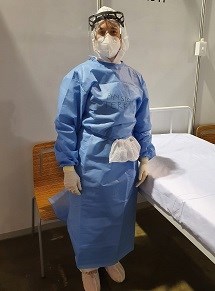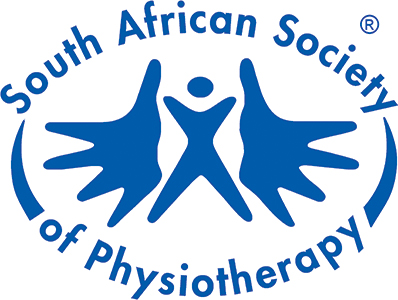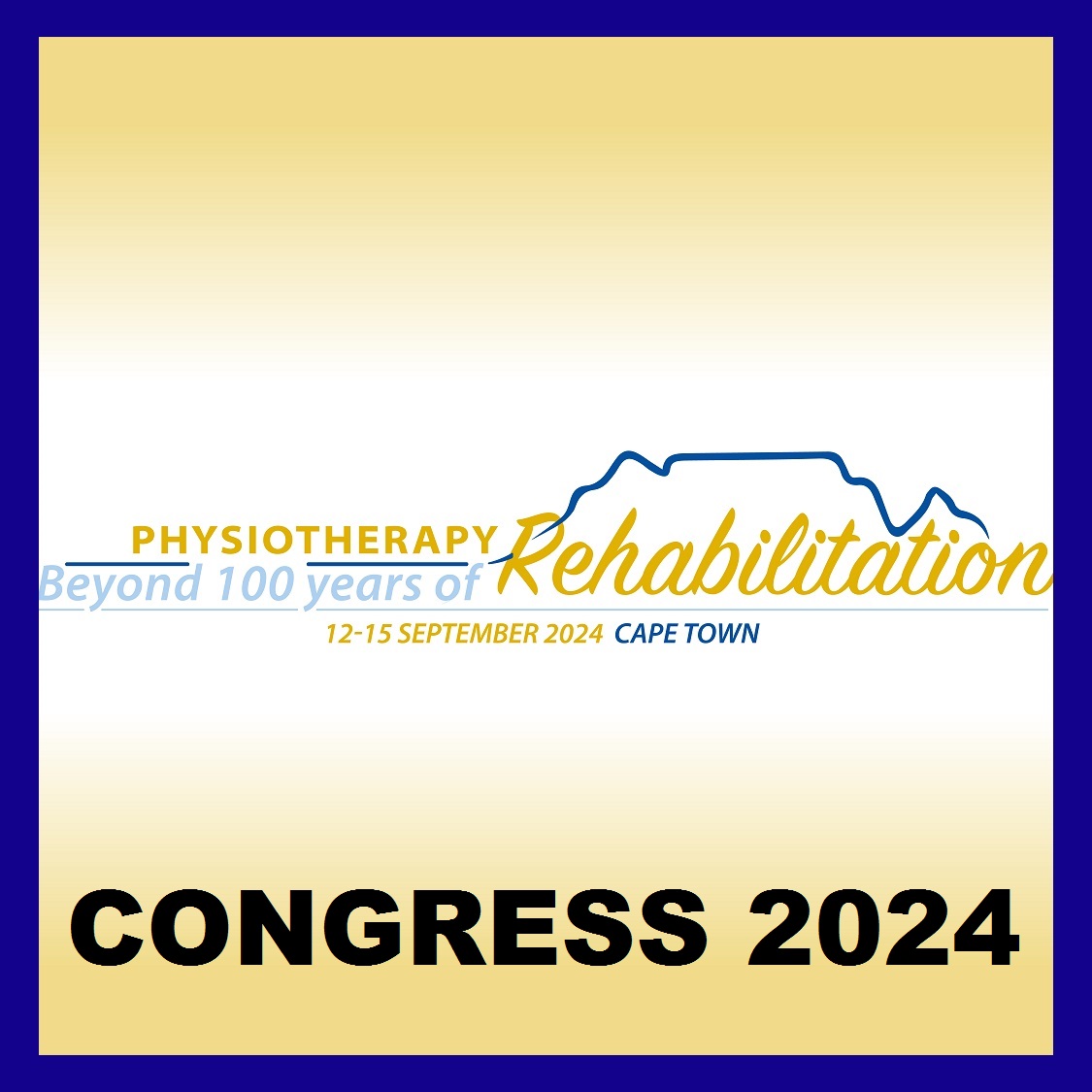
COVID-19: beyond the hospital bed
Physiotherapists treat COVID-19 patients in hospital, but their care for patients in recovery is essential – and special
Physiotherapist Terry Rogan was supposed to begin breathing exercises with Gertrude, a 63-year-old patient recovering from COVID-19, but she couldn’t. The patient was hyperventilating, taking panicky breaths, rapid and shallow, the hallmark of anxiety. So Terry focused on finding out what was making her so very worried.
Gertrude had collapsed at home some five weeks earlier. A neighbour had taken her to hospital, where she was admitted and found to be positive for COVID-19. She had not been home since – and she was desperately worried for her 13-year-old grandson, coping on his own.
“We do a lot of talking to patients,” says Terry, who volunteers two days a week at NASREC field hospital, at the Intermediate Care Facility (ICF) was set up by a group of doctors who realised that we did not have enough oxygen beds in Gauteng. “The funding for PPE, oxygen concentrators, oxygen cylinders has all come from private donors and companies,” she explains. “The team at NASREC ICF is proof of what South African citizens are capable of and what lengths we are willing to go to for our fellow citizens.” ICF caters for patients who are stable and have been discharged from hospital, but need oxygen and continuing care before going home.
It is, of course, part of the physiotherapy scope of practice, talking to patients, both for educational purposes and to better understand the whole patient. It’s all part of the mandate of the profession: to get patients to a state of optimal function, whether that’s a spinal injury patient or someone on the path to recovery from COVID-19.
In her volunteer work at NASREC, Terry finds herself explaining to some of the 40 patients she and other volunteers care for what exactly they’ve been suffering from and what it means, how they can gradually get back to a more normal life, and how to negotiate a life in which for some time their ‘normal’ will mean pacing themselves. A patient who has to get back to work, when work is manual labour, is going to need knowledge and skills to negotiate fewer hours and less work, as well as graded exercise and help building the strength and capacity of their lungs.
“Across the world, physiotherapists are at the forefront of care for COVID-19 patients,” says South African Society of Physiotherapy President Rogier van Bever Donker. “Every year, we celebrate National Physiotherapy BackWeek in September, but this is an unusual and special year – we will be focusing on our role in COVID-19 rehabilitation, where we work in partnership with occupational therapists and mental health providers, among others, to ensure people can and do recover as well as possible.”
Like other medical professionals, physiotherapists have been getting to grips with the virus, and have come to understand that it demands all their skills, because it attacks so many different organs and systems, from the central nervous system to the cardiovascular system to the lungs and more. “As much as physiotherapy is key in the acute setting, it’s become apparent over time that a significant number of patients will be dealing with impairments and debilitation over a longer period, and physiotherapists will be playing an important role in getting people back to health and wellbeing,” says van Bever Donker. “We salute physiotherapists across South Africa who are stepping up to the plate, from volunteers like Terry Rogan to those in the public sector and private practice who are going beyond the call of duty to help COVID-19 patients get better.”
National Physiotherapy BackWeek takes place on 7-13 September 2020.
Back






